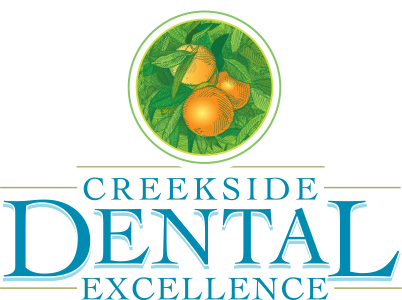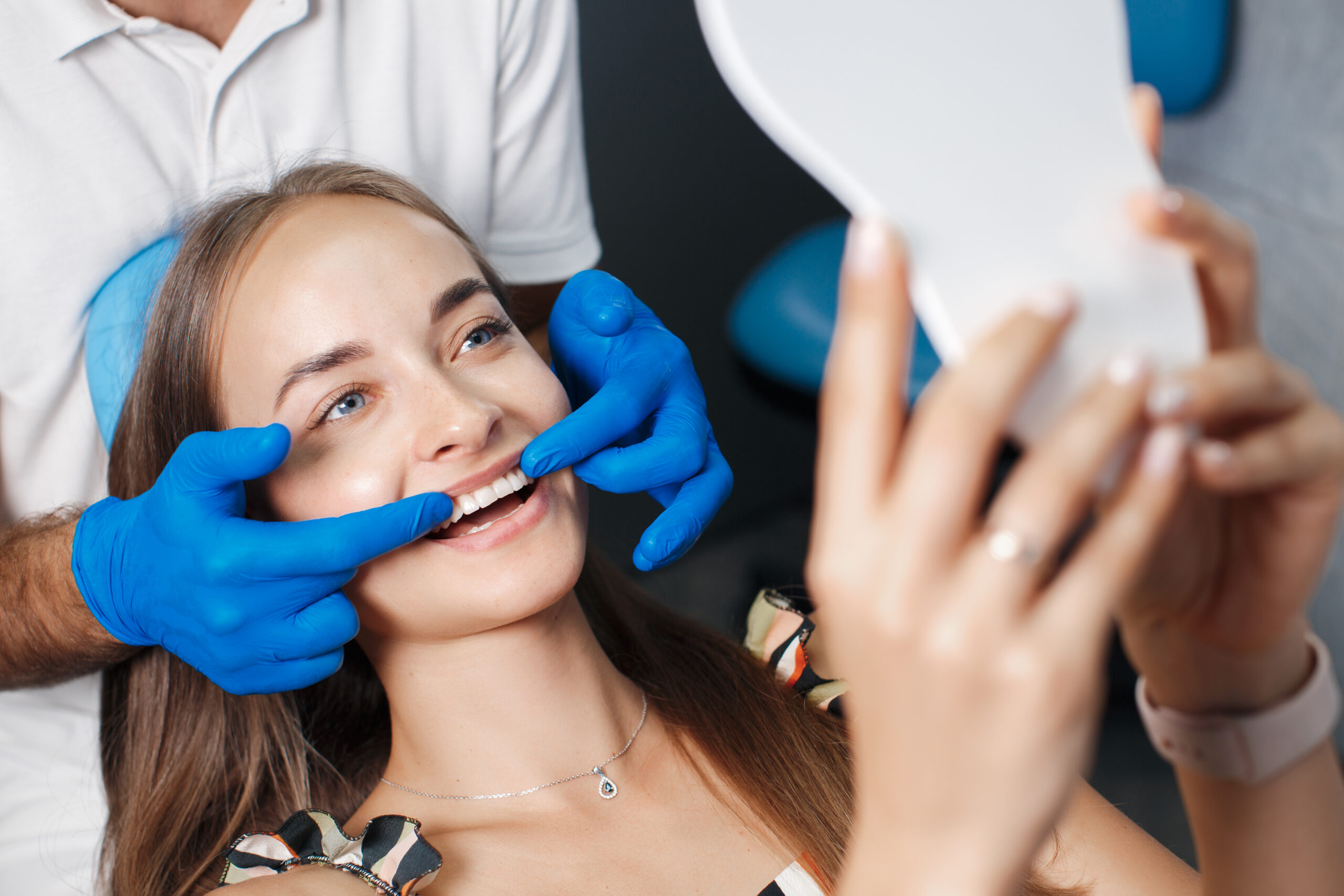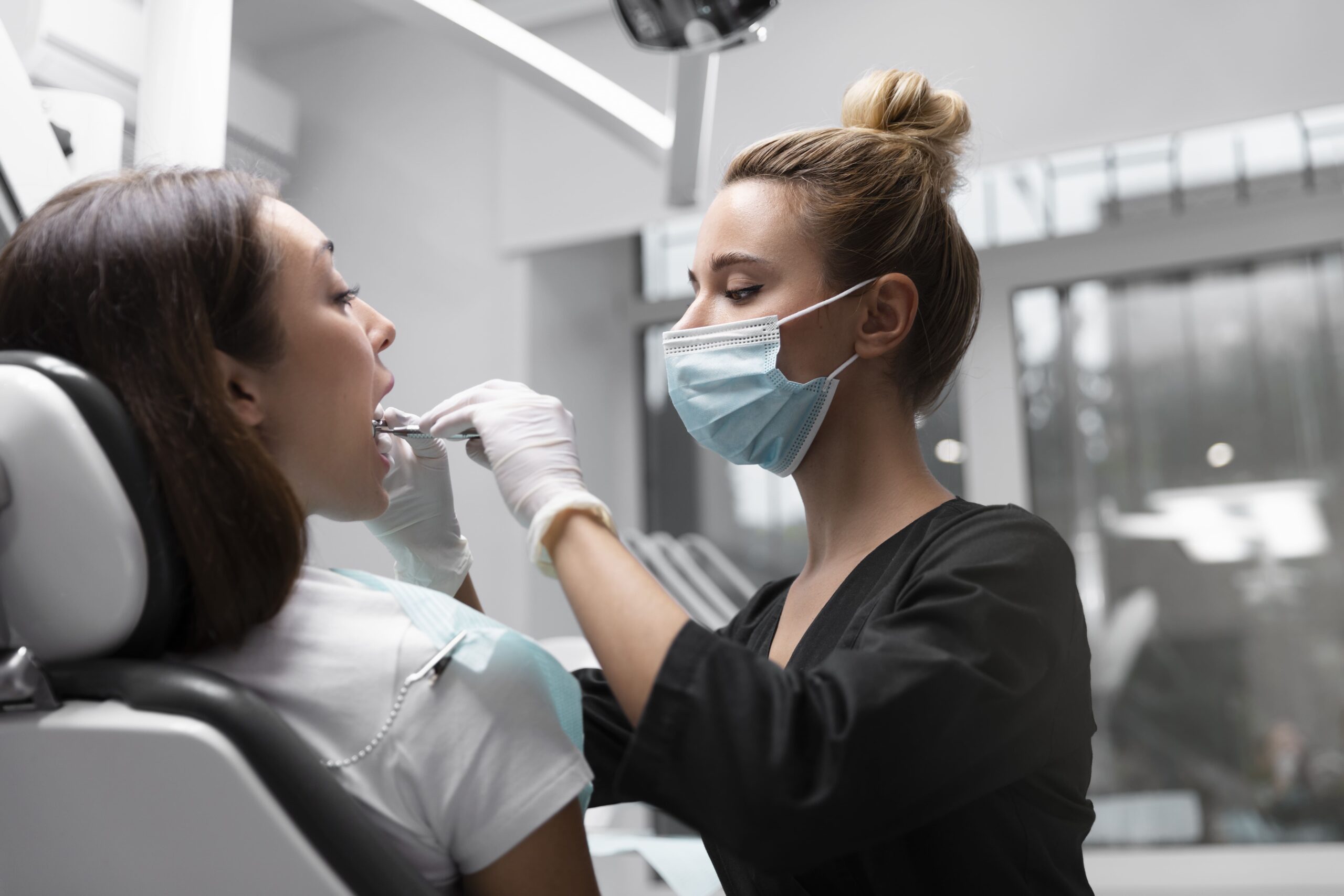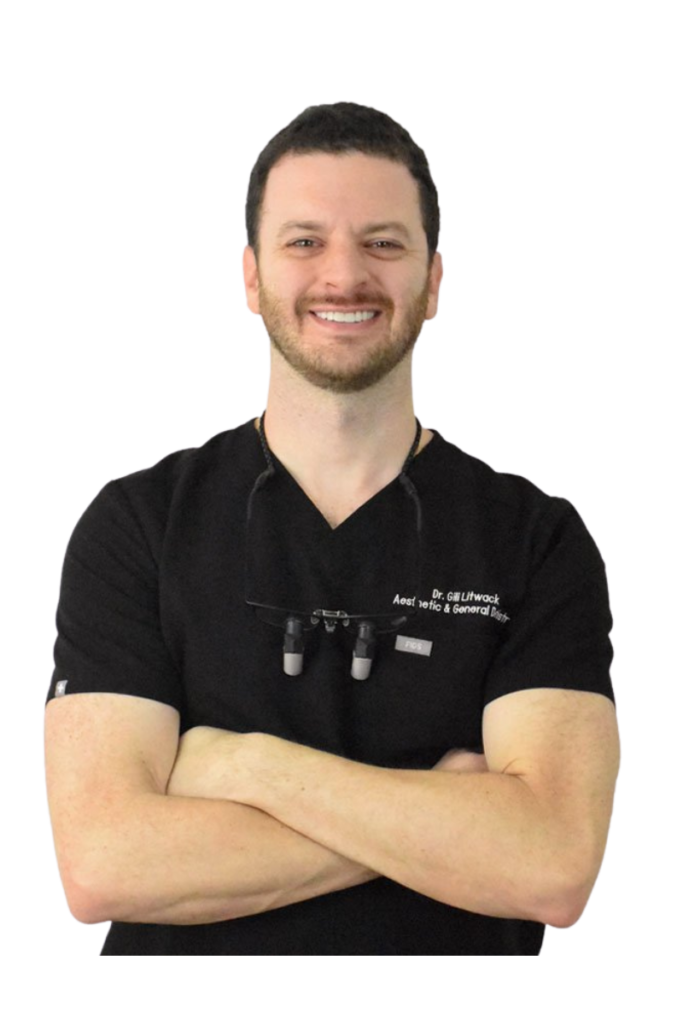Recovering from dental surgery needs you to pay close attention to what you eat. This helps with healing, reduces pain, and stops problems like dry socket or infection. At Creekside Dental Excellence, we stress that you should avoid certain foods.
These post oral surgery food choices can bother the surgery areas or slow down your recovery. Below, we list the key foods to avoid, supported by expert advice and care tips.
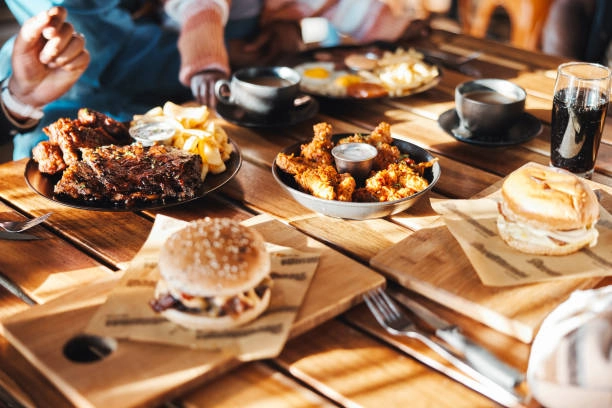
1. Hard, Crunchy, or Chewy Foods
Hard, crunchy, or chewy foods pose the greatest risk of dislodging blood clots or lodging debris in extraction sites. Examples include:
- Nuts, seeds, chips, popcorn, and raw vegetables (e.g., carrots, apples).
- Crumbly items like cookies, crackers, or burnt toast.
- Sticky foods such as caramels or chewing gum.
Avoid these for at least 3–7 days to protect the blood clot and prevent dry socket.
2. Acidic Foods and Beverages
Acidic post oral surgery food can irritate wounds, delay healing, and strip tooth enamel. Common culprits include:
- Citrus fruits (oranges, lemons, grapefruits) and juices.
- Tomatoes, pickles, and vinegar-based dressings.
- Carbonated drinks like soda or sparkling water dislodge clots with their bubbles.
Opt for neutral or alkaline options instead.
3. Spicy or Hot Foods
Spicy foods (e.g., chili peppers, garlic, ginger) and hot liquids can inflame tissues and worsen pain. Avoid:
- Curries, spicy wings, or hot sauces.
- Scalding soups, coffee, or tea.
Stick to lukewarm or cool foods for the first few days.
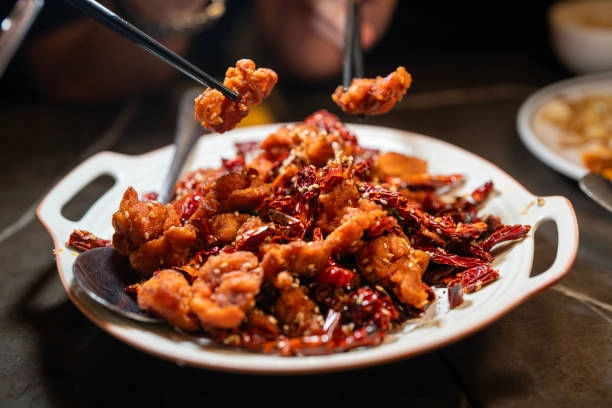
4. Alcohol and Tobacco
Alcohol and tobacco are major recovery saboteurs:
- Alcohol irritates wounds, interacts with medications, and acts as a blood thinner, delaying clot formation.
- Smoking or vaping reduces blood flow, increases infection risk, and prolongs healing.
- Avoid both for at least 24–72 hours post-surgery.
5. Carbonated and Caffeinated Beverages
Carbonated drinks (soda, sparkling water) are harmful post oral surgery food choices that can dislodge clots, while caffeine can dehydrate and heighten sensitivity. Avoid these for 3–7 days.
6. Sticky or Gummy Foods
Sticky foods like toffee, licorice, or dried fruit can adhere to surgical sites, causing discomfort or infection. Opt for smooth, easy-to-swallow alternatives.
7. Hard-to-Chew Meats
Tough meats (e.g., steak, beef jerky) are not suitable post oral surgery food as they require vigorous chewing, which can strain the jaw and dislodge clots. Avoid them for at least a week.
8. Small Grains or Seeds
Rice, quinoa, or sesame seeds can lodge in extraction sites and complicate healing. Avoid these for 3–5 days.
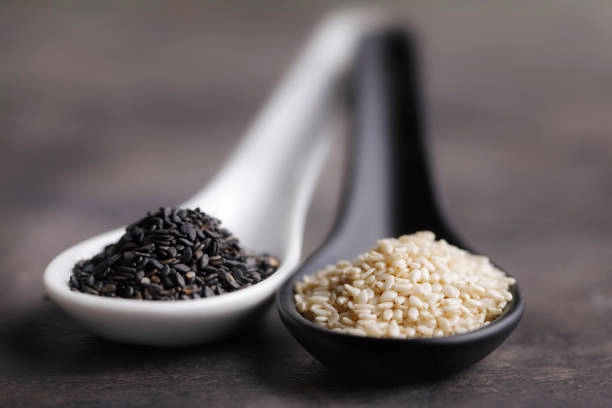
9. Fried Foods
Fried foods (e.g., fries, fried chicken) are often hard, greasy, or acidic, making them risky for post-surgery recovery.
10. Cold Foods
Ice-cold foods or drinks can cause numbness or discomfort. Opt for room-temperature or lukewarm options instead.
Recovery Timeline Guide
- Days 0–2: Stick to liquids and purees (yogurt, smoothies, broth).
- Days 3–5: Gradually add soft solids (mashed potatoes, scrambled eggs).
- After 5 days: Reintroduce minimally chewy foods (soft pasta, ground meats).
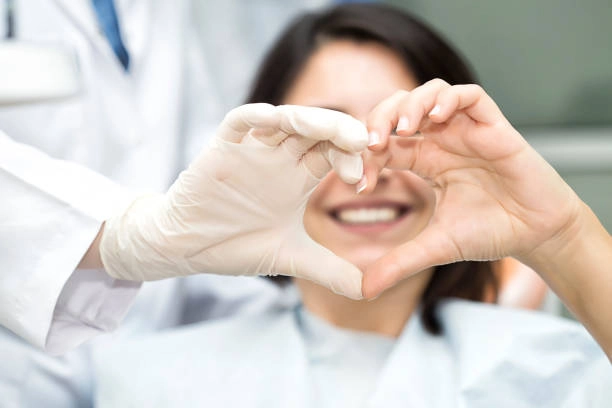
Eating the right foods and staying away from the wrong ones is very important after oral surgery. Hard, spicy, acidic, and sticky foods can slow down recovery and raise the chances of problems like dry socket or infection. At Creekside Dental, we help patients know exactly what to avoid for a quicker and safer recovery.
Our skilled team is here to aid your healing at every stage with personalized help. If you are getting ready for oral surgery or need support during recovery, Creekside Dental is here to assist. Reach out to us today to set up a consultation and get expert advice for your care after surgery.
Frequently Asked Questions
1. What is post oral surgery food, and why does it matter?
Post-surgery food means meals and drinks that help you heal after dental surgery. Picking the right food can lower pain, keep the surgery area safe, and help you get better faster. Experts in Florida suggest eating soft foods that won’t irritate your mouth to keep problems like dry sockets or slow healing away.
2. Which post oral surgery food should I avoid completely?
Avoid crunchy, hard, sticky, or spicy foods after oral surgery. These foods can hurt healing areas or move blood clots. Florida oral surgery experts suggest not eating chips, nuts, hot drinks, and acidic foods for a few days after dental surgery. This will help you heal better.
3. Can I drink soda or coffee after dental oral surgery?
Soda and coffee are not good food choices after dental surgery. Carbonated drinks can disturb blood clots. Caffeine can also make you lose water. Oral surgery providers in Florida say to avoid these drinks for a few days after surgery. This will help reduce sensitivity, irritation, and problems while healing.
4. Is cold post oral surgery food safe to eat?
Very cold food after dental surgery can make your mouth feel numb or uncomfortable. Cool foods like yogurt are good to eat, but ice-cold items can hurt healing tissues. Doctors in Florida suggest eating room-temperature or warm meals after dental surgery. This can help you feel better and support a quicker recovery.
5. Why should I avoid rice and seeds after oral surgery?
Small items like rice or seeds are risky post oral surgery food, they can get stuck in the places where teeth were taken out. This can cause infection or slow down healing. Doctors in Florida recommend staying away from these foods for 3 to 5 days after surgery. This helps make sure recovery goes well.
6. How long should I avoid hard foods after dental oral surgery?
Avoid hard-to-chew meats for at least a week. These are not ideal post oral surgery food due to the chewing pressure they require. Florida dental experts suggest having soft proteins like scrambled eggs or fish until your mouth has healed after your surgery.
7. What happens if I eat the wrong post oral surgery food?
Eating the wrong food after dental surgery, like chips, nuts, or spicy meals, can cause pain, bleeding, or dry socket. Florida dental surgery experts say that making good food choices can help prevent issues. Following a proper diet helps you heal faster and have fewer problems after any dental surgery.
